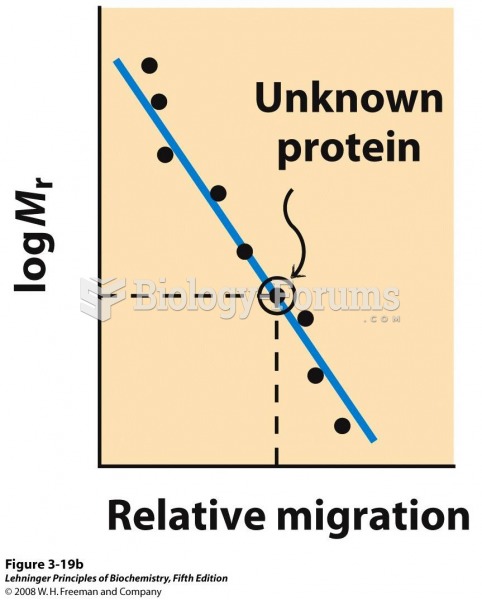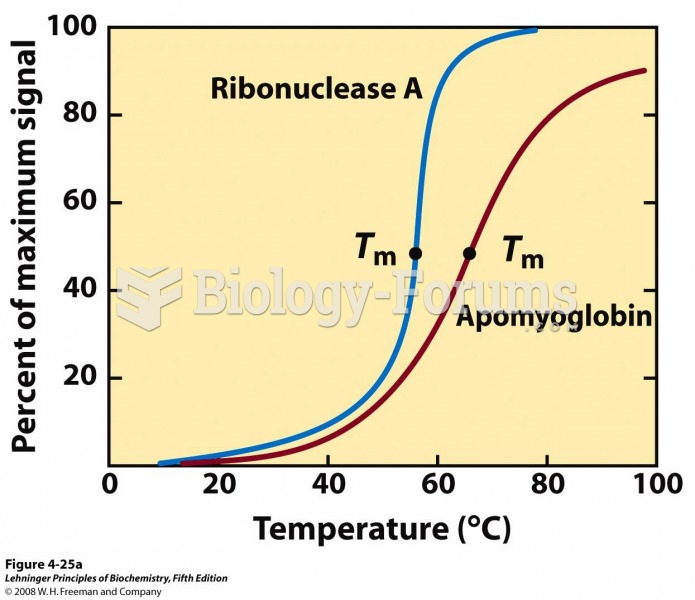Answer to Question 1
Although considerable amounts of protein are needed to maintain, build, and repair muscle, the debate continues as to whether expressly active people (and even competitive athletes) need additional protein. In 2005, the Institute of Medicine concluded that the estimated protein requirement for a healthy adult (0.8 grams of protein per kg per day) is equally adequate for a physically active individual. However, the Academy of Nutrition and Dietetics and the American College of Sports Medicine believe that athletes may require as much as 1.2 to 2.0 grams of protein per kg of body weight per day. Although requirements can fluctuate depending on the amount and rigor of training, athletes should be able to satisfy targeted protein intake goals with a varied diet that includes moderate amounts of high-quality protein sources such as dairy, meat, and eggs. Although protein supplementation is occasionally used to optimize recovery, experts recommend that athletes focus on dietary strategies to satisfy protein requirements. Athletes that adhere to strict vegetarian diets must ensure that protein requirements are met by consuming high intakes of complementary protein courses such as soy products, nuts, and whole grains. Depending on the extent of dietary restrictions. This can pose practical challenges for athletes in terms of both protein quantity and quality.
Answer to Question 2
Numerous studies show that as little as 30 minutes of sustained physical activity on most days of the week can substantially improve health and quality of life. Specifically, sustained physical activity can help reduce a person's risk of obesity and certain chronic diseases such as hypertension, stroke, cardiovascular disease, type 2 diabetes, osteoporosis, and some forms of cancer. Unfortunately, while overwhelming evidence shows that physical activity reduces the risk of many debilitating diseases and health conditions, these benefits quickly disappear if a person becomes inactive. Overall benefits of regular physical activity and exercise on health include the following:
Assistance in weight management: Regular physical activity helps prevent weight gain, and in some cases, facilitates weight loss. This occurs in part because physical activity increases energy expenditure and improves appetite regulation. It also promotes increased muscle mass and decreased body fat.
Decreased risk of cardiovascular disease: Physical activity can improve overall cardiac function, lower resting heart rate, reduce blood pressure, and improve blood lipid regulation. These changes help slow the progression of atherosclerosis and cardiovascular disease.
Reduced risk of cancer: Physical activity can reduce risk of developing colon, breast, endometrial, lung, and prostate cancer. Furthermore, physical activity after cancer diagnosis can also assist in recovery and lessen the severity of cancer treatment's side-effects, such as fatigue and depression.
Decreased back pain: Physical activity can increase muscle strength, endurance, flexibility, and overall posture-all of which help prevent injuries and alleviate back pain associated with muscle strain.
Decreased risk of type 2 diabetes: Regular physical activity can decrease blood glucose, insulin resistance, and long-term health complications associated with type 2 diabetes.
Optimized bone health: Weight-bearing physical activity can stimulate bone formation and slow the progression of age-related bone loss.
Enhanced self-esteem, stress management, and quality of sleep: Being physically active provides a sense of achievement and empowerment. This can help reduce depression and anxiety, which in turn fosters improved self-esteem, reduced stress, improved mood, and more restful sleep.







